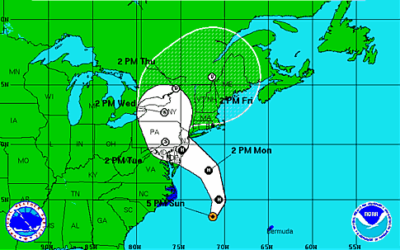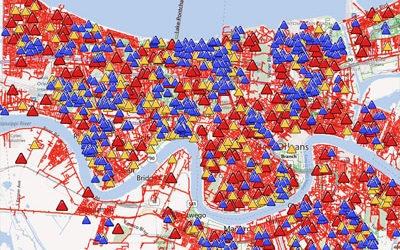Can you restore what you need to, right now?
Many companies have workloads in many places and in many forms. Split amongst virtual and physical, on-premises and cloud or multi-cloud, priority for these systems is keeping them running and available. Years ago, the “P2V conversion movement” dealt with transitioning aging physical servers into their new homes as virtual machines. This solved a number of problems, mostly hardware that was old, no longer supported, out of warranty, or simply “could not be turned off” for application reasons.
Fast forward many years, and the issue still lives. Industries, and customers, demand availability, no matter what the source. The question now becomes one of keeping things running no matter where they exist, specifically when you need to restore the system for some reason.
Can Veeam back up physical servers?
Veeam® Software, a leader in Cloud Data Management, and the pioneers of instant virtual machine recovery, provides the recovery solutions you need. Veeam started as a virtual-only solution but began offering agents for physical servers in 2017. Veeam has been able to restore any Veeam agent-based Windows into Hyper-V for a time now, but with Veeam Backup & Replication v10 released in February of this year, any Veeam-based backup of a workload can be restored as a VMware vSphere virtual machine. According to Veeam’s documentation, this includes:
- Backups of VMware vSphere virtual machines created with Veeam Backup & Replication
- Backups of vCloud Director virtual machines created with Veeam Backup & Replication
- Backups of Microsoft Hyper-V virtual machines created with Veeam Backup & Replication
- Backups of virtual and physical machines created with Veeam Agent for Microsoft Windows or Veeam Agent for Linux
- Backups of Nutanix AHV virtual machines created with Veeam Backup for Nutanix AHV
- Backups of Amazon EC2 instances created with Veeam Backup for AWS
- Backups of Microsoft Azure virtual machines created with Veeam Backup for Microsoft Azure
This solution utilizes Instant VM Recovery and a new instance of that system or workload can be up and running in a vSphere environment in minutes or even seconds, allowing you to P2V or even V2V systems easily and without additional hardware or cost, assuming you have a vSphere environment with sufficient resources available.
For Global Data Vault, this provides additional disaster recovery options and flexibility to benefit our customers.
More DRaaS & BaaS Articles
Data Center Exposure and Recovery in New York City
Hurricane Sandy provided a fascinating opportunity to study the both the level of disaster planning and the resilience of New York City data centers. This article will examine a) what actually happened, b) what was the risk, and c) what are the lessons learned. What...
Data Protection Audit – Systems, Devices and IT Operations
Your data protection audit lays out the plan that enables you to sleep at night knowing that data loss couldn’t destroy your business or be a costly and burdensome event. In the previous installment of our three part data protection audit series, we looked at the...
Data Protection Audit Planning
In part one of “How to plan and execute a data protection audit,” we discussed the importance of user participation in the design process of your data audit plan. In this installment, we go into more detail about the questions you need to ask about your business...
Hurricane Impact Assessment: Isaac in New Orleans
Now that Hurricane Isaac is in our rear-view mirror, it’s time to assess the disaster damage. We monitored and shared the New Orleans power outages on Global Data Vault blog day-by-day, but we censored the wrath pointed at local energy provider Entergy to return the...




0 Comments